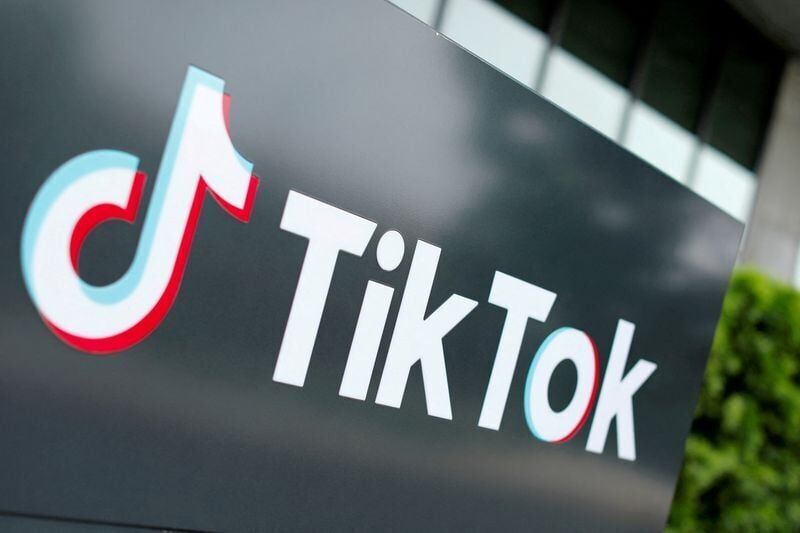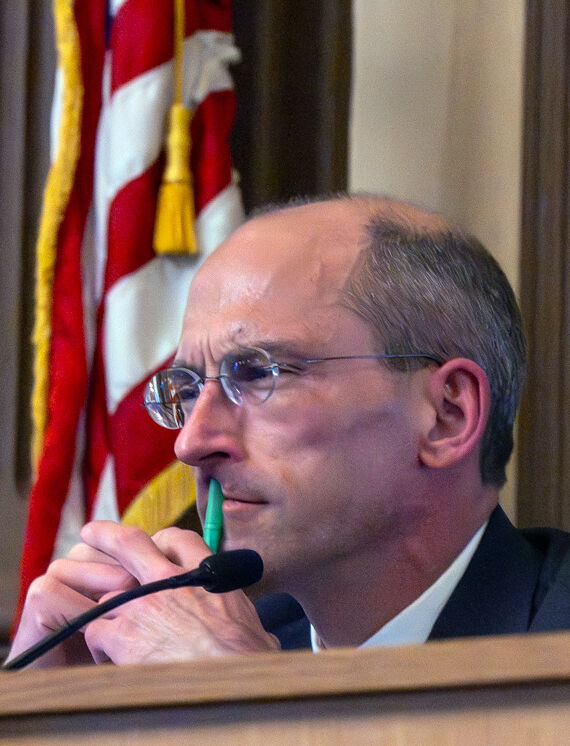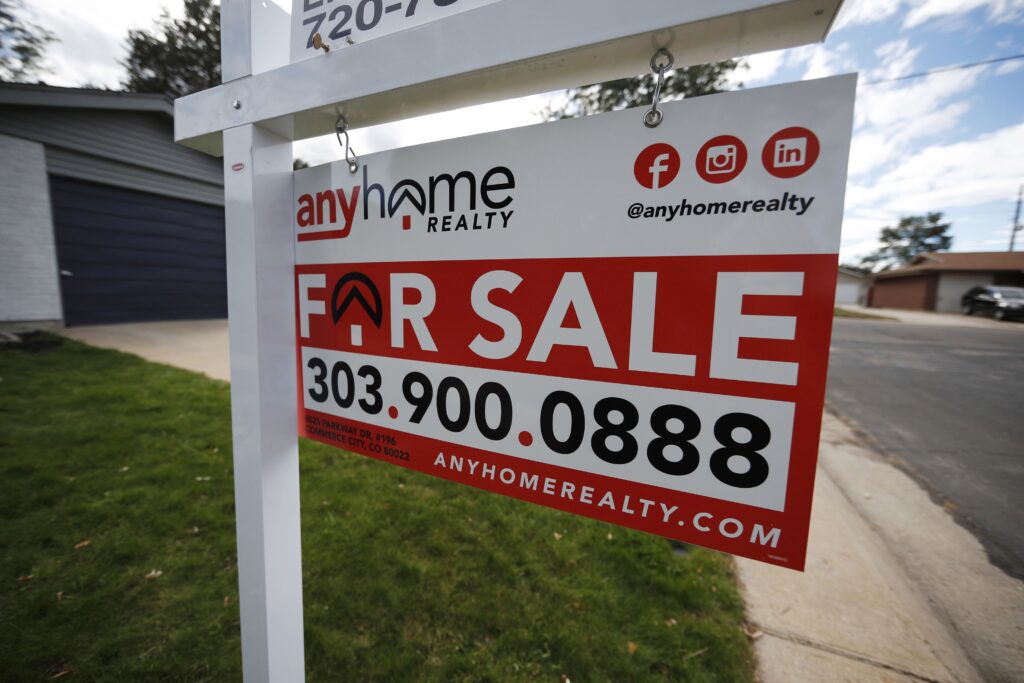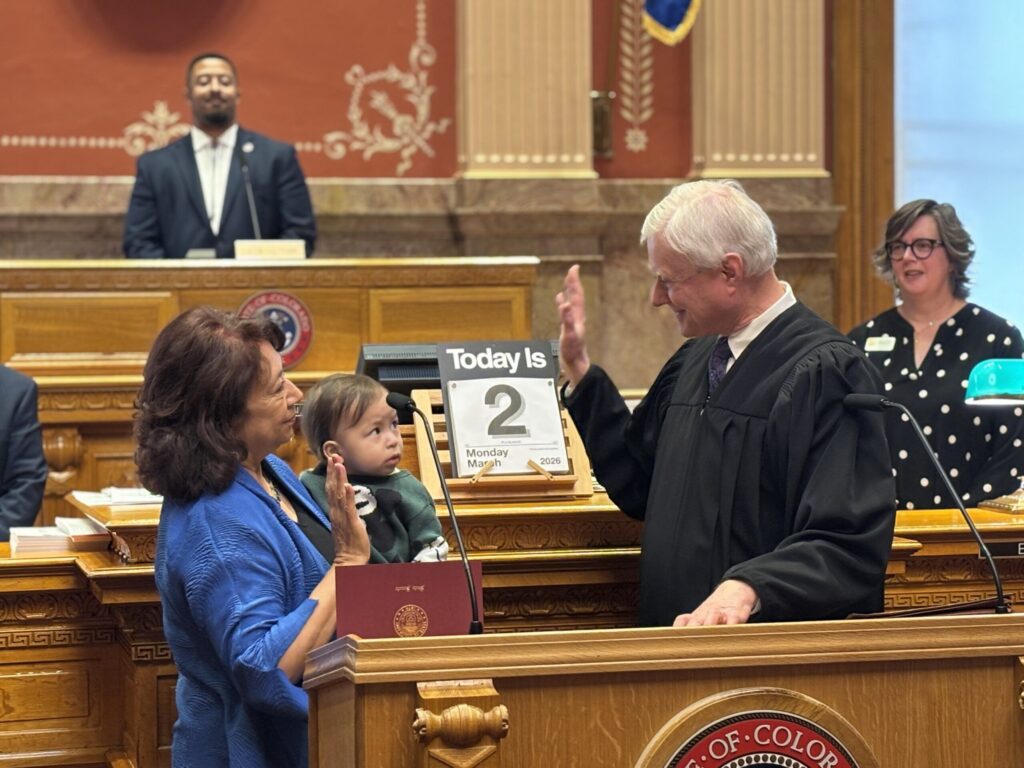TikTok ban on Aurora devices proposed by city councilmember

Will the city of Aurora join the list of governments banning TikTok?
A proposal striving to keep the city’s networks out of reach from the controversial app is on the table and headed for formal council consideration.
A resolution brought forward by Councilmember Dustin Zvonek at council’s Monday night study session would ban TikTok – as well as Douyin, WeChat, Weixin and any websites developed by ByteDance or Tencent Holdings – from being downloaded onto city devices. The ban would extend to both city-owned devices and personal devices used to access city networks.
Amid growing concern regarding potential cyber security threats posed by TikTok and its ties to the Chinese government, Zvonek said the city should not risk exposing its sensitive data to the app.
“This is a government that has a history of amassing large amounts of data on their own citizens,” Zvonek said, “and people around the world, including here in the United States.”
TikTok hits 150 million U.S. monthly users, up from 100 million in 2020
The city council did not discuss the proposal on Monday, and no one objected to Zvonek bringing the item to a regular council meeting for a vote. The resolution is likely to be on the agenda at the city council’s meeting on March 27.
The drafted resolution states both of the companies it names employ members of the Chinese Communist Party and are media platforms with “known affiliation to the government of the People’s Republic of China.”
The platforms have the ability to “harvest significant amounts of data from the city’s networks” and already collect extensive data from users’ devices, “even when the platforms are not in use,” the resolution says. Such data collection, if targeted toward the city’s networks, could “reveal sensitive information that can be leveraged or exploited against the city.”
The plan would require the city’s Information Security Office, Risk Management, Finance and City Attorney’s offices to adjust policies to implement the resolution if passed, but it would not have a fiscal impact, according to city memos.
Why TikTok’s security risks keep raising fears
If the resolution passed, city staff would also be asked to evaluate other platforms and report back to the city council any other similar security risks, Zvonek said.
A city department that “has a valid reason to access these platforms” would be able to request permission to do so from the Information Security Office, would be required to keep its request to a small number of devices, and must receive final approval from the city manager, the drafted resolution says.
Zvonek told The Denver Gazette that those exceptions would likely only be made for law enforcement needing to conduct investigations. City employees who want to keep TikTok on personal devices can still choose to, he said, but under this resolution they would not also be able to download the apps that give them access to city networks onto that same device.
The proposal won’t affect the general public, Zvonek said, adding citizens probably will not be impacted by TikTok bans unless the app becomes prohibited in the entire U.S. through federal legislation.
Zvonek pointed to the bipartisan support building behind a TikTok ban in the U.S. – from the White House to members of Colorado’s congressional delegation. The local response comes amid mounting pressure in Washington D.C. to act on fears that TikTok’s parent company might provide its user data on Americans to the Chinese government.
Although there is no evidence that TikTok has done so yet, the concern about that possibility has already led to governments prohibiting the app on federal government devices while debates about a nationwide ban percolate.
Last month, the White House gave U.S. federal agencies roughly a month to delete TikTok from all government-issued mobile devices. TikTok had been banned on government devices by Congress, within the White House, the U.S. armed forces and by about half of the nation’s states, the Associated Press reported.
In addition to concern that TikTok’s parent company, ByteDance, could hand over its data troves to the Chinese government, critics of the app have worried it will be used to spread disinformation at the behest of the Chinese government and disseminate Chinese propaganda.
On Wednesday, China’s Foreign Ministry said the U.S. is spreading disinformation about the app and has previously accused the country of abusing power in its handling of the concerns shrouding TikTok.
Representatives from TikTok have decried efforts to ban the app, according to multiple media reports. TikTok CEO Shou Zi Chew said in a TikTok video posted on Tuesday that the equivalent of nearly half the U.S. population – or about 150 million monthly active users – rely on the app, including 5 million businesses.
“This comes at a pivotal moment for us. Some politicians have started talking about banning TikTok,” he said. “This could take TikTok away from all 150 million of you.”
Chew will testify before congress later this week and promised to share how the company is working to protect Americans. The Biden administration has reportedly told TikTok’s Chinese owners to divest their stake in the app or face a ban in the U.S.
TikTok updates rules; CEO on charm offensive for US hearing
Colorado’s representation in D.C. are among the voices saying time’s up for TikTok.
Colorado’s U.S. Rep. Ken Buck introduced a bill in January, alongside Republican Sen. Josh Hawley of Missouri, dubbed the No TikTok on United States Device Act. The bill would ban TikTok in the U.S. and commercial work with its parent company.
“TikTok is a clear threat to our privacy and national security. Not only is TikTok directly associated with the Chinese Communist Party, but it has been used to spy on Americans and gain an alarming level of access to users’ phones,” Buck said in a news release announcing the bill earlier this year. “This should concern every citizen who values their privacy, security, and personal information. Banning CCP tied TikTok nationwide is the only route to ending this malicious cybersecurity threat.”
Buck also helped sponsor the legislation that last year banned TikTok on federal government devices.
Also last month, U.S. Sen. Michael Bennet called on Apple and Google to remove TikTok from their app stores immediately. The Colorado senator wrote a letter to the tech giants calling TikTok a national security risk, emphasizing it is the third-most popular social media app in the U.S.
Although his worries about technological national security risks are not limited to TikTok, Bennet wrote that the app has a history of working to limit content that criticizes the Chinese Communist Party and to disseminate pro-Chinese propaganda to Americans.
“Like most social media platforms, TikTok collects vast and sophisticated data from its users, including faceprints and voiceprints. Unlike most social media platforms, TikTok poses a unique concern because Chinese law obligates ByteDance, its Beijing-based parent company, to ‘support, assist, and cooperate with state intelligence work,'” Bennet wrote.
Wave of countries ban TikTok on government devices over security concerns













